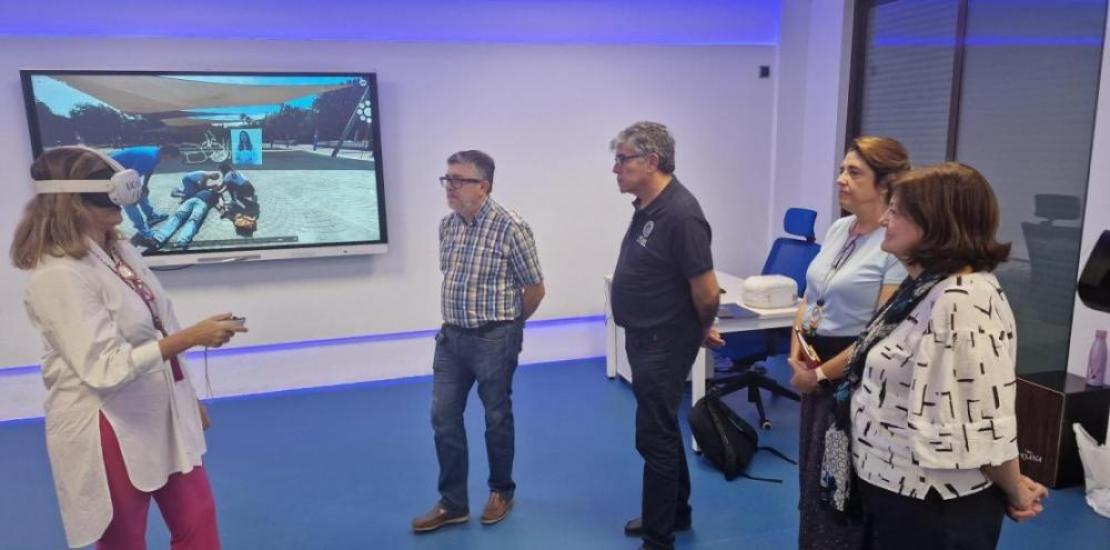UCAM will create the audiovisuals for the courses of the Spanish Society of Intensive Care Medicine, Critical Care and Coronary Units
Healthcare professionals need to update their knowledge, so they demand training with the most up-to-date and interactive material possible. With the aim of responding to this need, UCAM and the Sociedad Española de Medicina Intensiva, Crítica y Unidades Coronarias (Spanish Society of Intensive Care Medicine, Critical Care and Coronary Units) have signed a collaboration agreement whereby UCAM will improve the life support content of the courses offered by Semicyuc.
To this end, it will produce audiovisual material at its facilities that will be included in the training that the Society offers both to specialists in Intensive Care Medicine and future doctors and nurses, as well as to the general public. In addition, the agreement includes that UCAM students and teachers will have a 30% discount on life support courses offered by the Association.
María Dolores García and Carola Giménez-Esparza, presidents of both institutions, have signed the agreement in the XR (Virtual Reality) Room at the UCAM Campus in Murcia, accompanied by Manuel Párraga, director of the Chair in Simulation and Clinical Skills of the University; Paloma Echevarría, dean of the Faculty of Nursing and Jerónimo Lajara, dean of the Faculty of Medicine.
For Carola Giménez-Esparza, this agreement ‘is a very important step forward in our National Plan for Cardiopulmonary Resuscitation of which we have just renewed all the books - the only ones updated in Spanish - and it allows us to go a step further by offering audiovisual content to assist the teaching material, thus facilitating learning.’
UCAM will produce ‘simple videos and other more complex ones, with the use of virtual reality, which will be viewed by professionals both nationally and internationally,’ said Manuel Párraga, who reminded the audience that UCAM is a pioneer in clinical simulation this aspect is highly valued by its students and graduates, both during their training and once they have entered the labour market.




